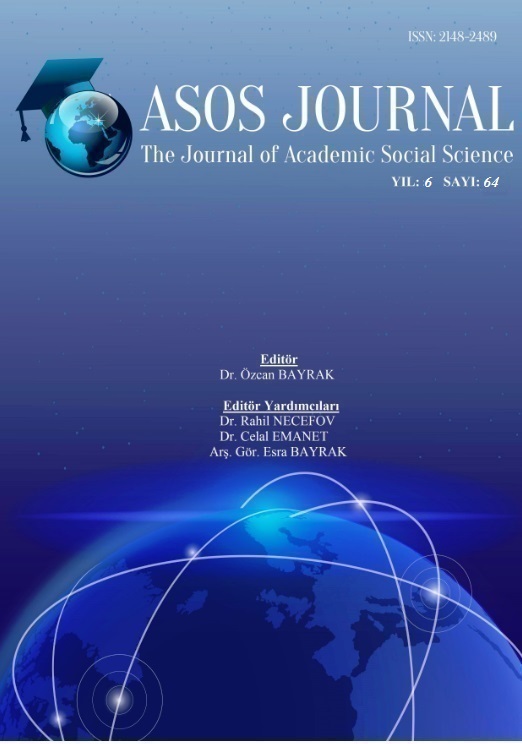Author :
Abstract
Felsefe tarihi boyunca kimi zaman tözsel bir birlik olarak ele alınan kimi zaman ise kendini bir kesinlik düzeyinde bilerek bilgiye yönelen bir özne olarak tasarlanan kendilik nosyonu Heidegger ve Foucault tarafından farklı perspektiflerle benzer noktalara varılarak ele alınır. Heidegger’de geleneksel metafizik yaklaşımın ve kökeni itibariyle bu yaklaşımla ilintili olduğu varsayılan aydınlanma metafiziğinin eleştirilişiyle ortaya konulan kendilik anlayışı varlık sorusu ekseninde temellenir. Foucault ise, 1980 sonrası çalışmalarında, 1980 öncesi çalışmalarında sosyal-politik düzlemde eleştirdiği özne anlayışının yerini alacak, imkanlarıyla tanışık bir özne arayışındadır. Her iki filozofta da göreceğimiz üzere kendilik nosyonu artık; katı, statik ve kesin bir kavramsal içerik taşımaz. Çalışmamızın konusu olan filozofların katı ve keskin bir kendilik anlayışından uzak duruşları insanın varlık ve hakikatle ilişkisinin nasıl olması gerektiğine dair benzer bir perspektif sunar.
Keywords
Abstract
Throughout the history of philosophy, the concept of self, which is sometimes regarded as a substantial unity and sometimes conceived as a subject oriented to knowledge through knowing himself at a certain level, is dealt with by Heidegger and Foucault by reaching similar points with different perspectives. In Heidegger, the notion of self -, is based on the axis of the question of being through the criticism of traditional metaphysics and the criticism of enlightenment metaphysics- which is supposed to have a fundamental relation with traditional metaphysics. Foucault, in his post-1980 studies, is seeking a subject aware of his own possibilities to oust the subject criticized in his pre-1980 studies on a social-political level. In both philosophers, the notion of self has no longer a strict, static and precise conceptual content. Being away from a strict and static sense of self, both philosophers provide a similar perspective on how human beings should be oriented to being and truth.





